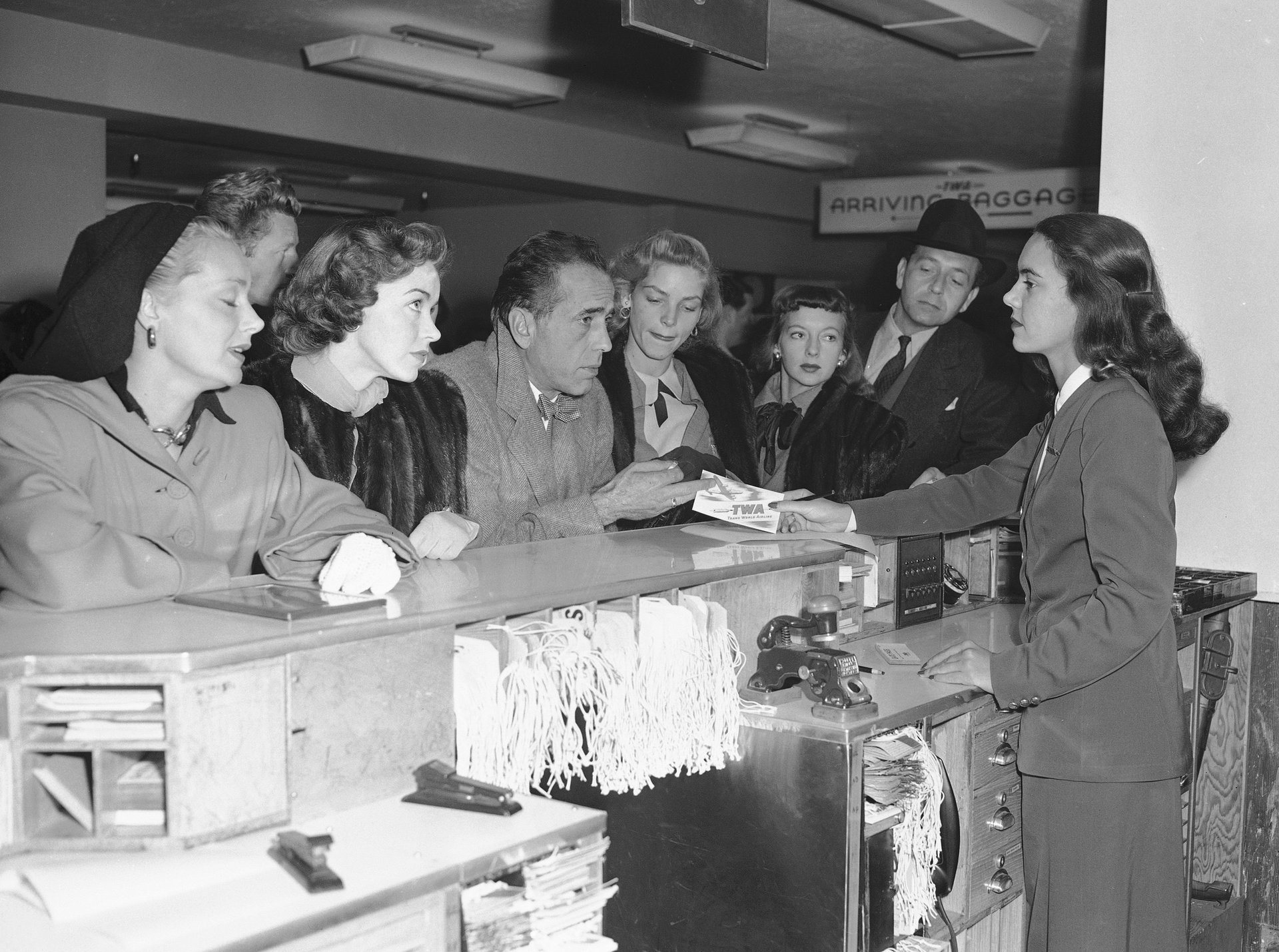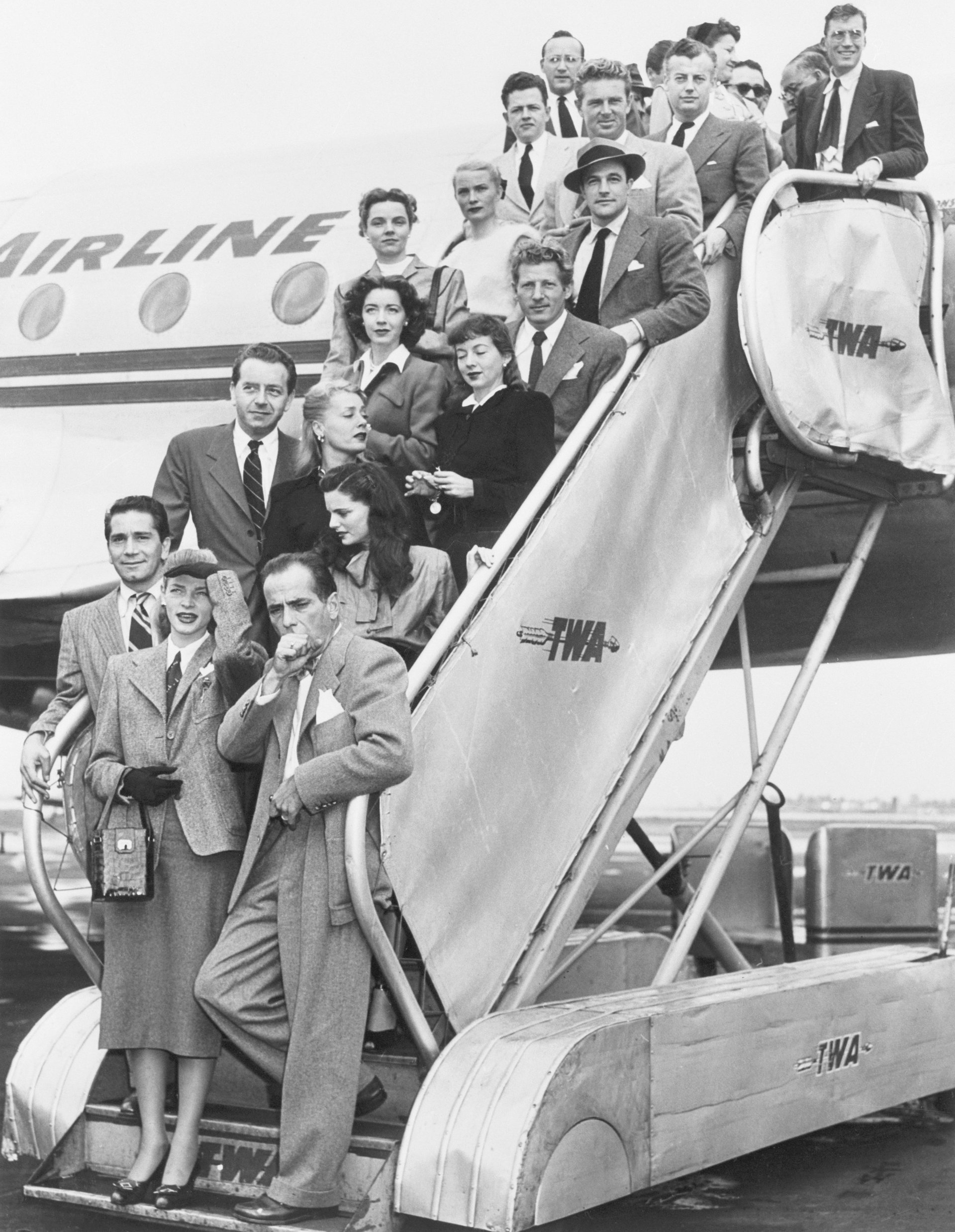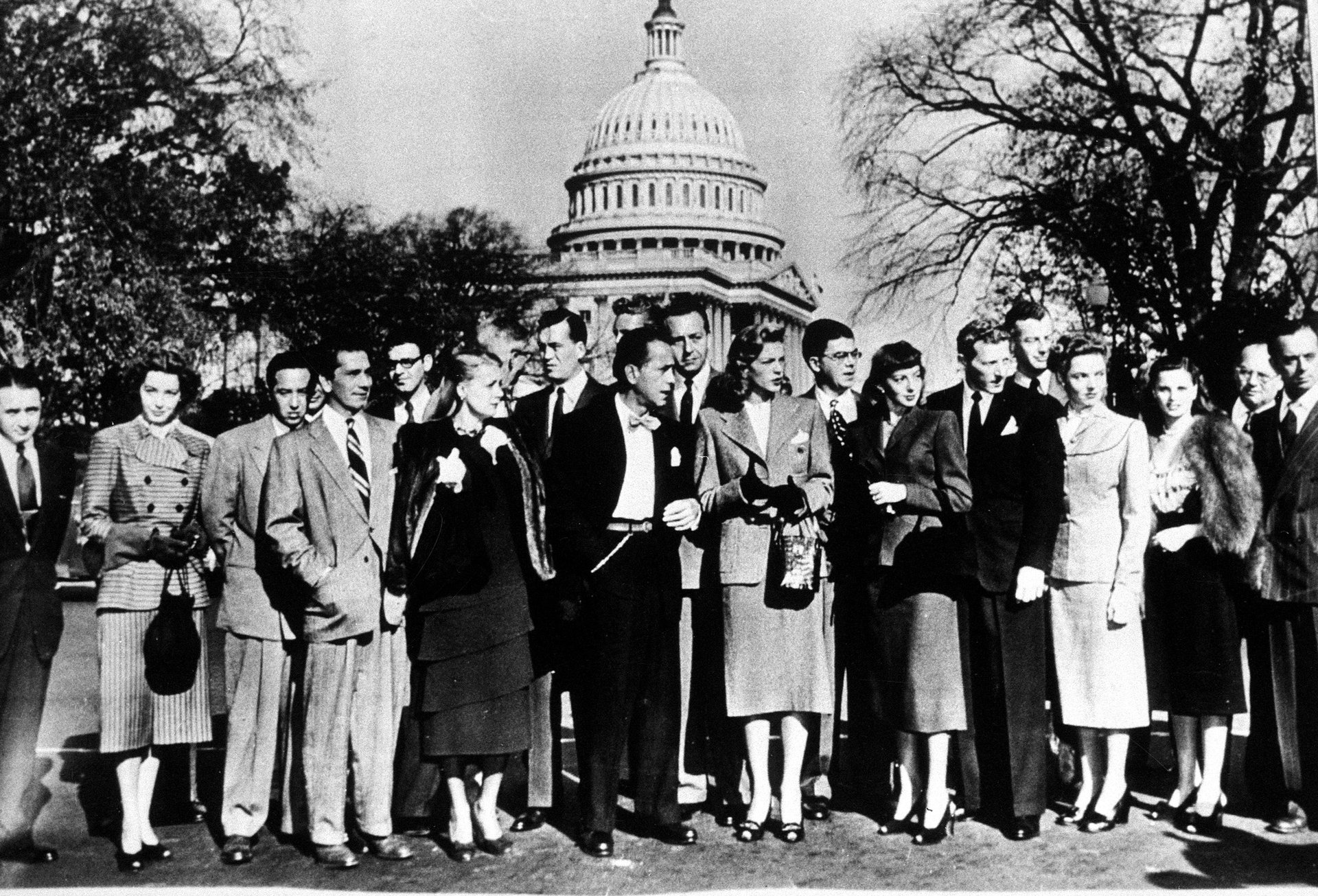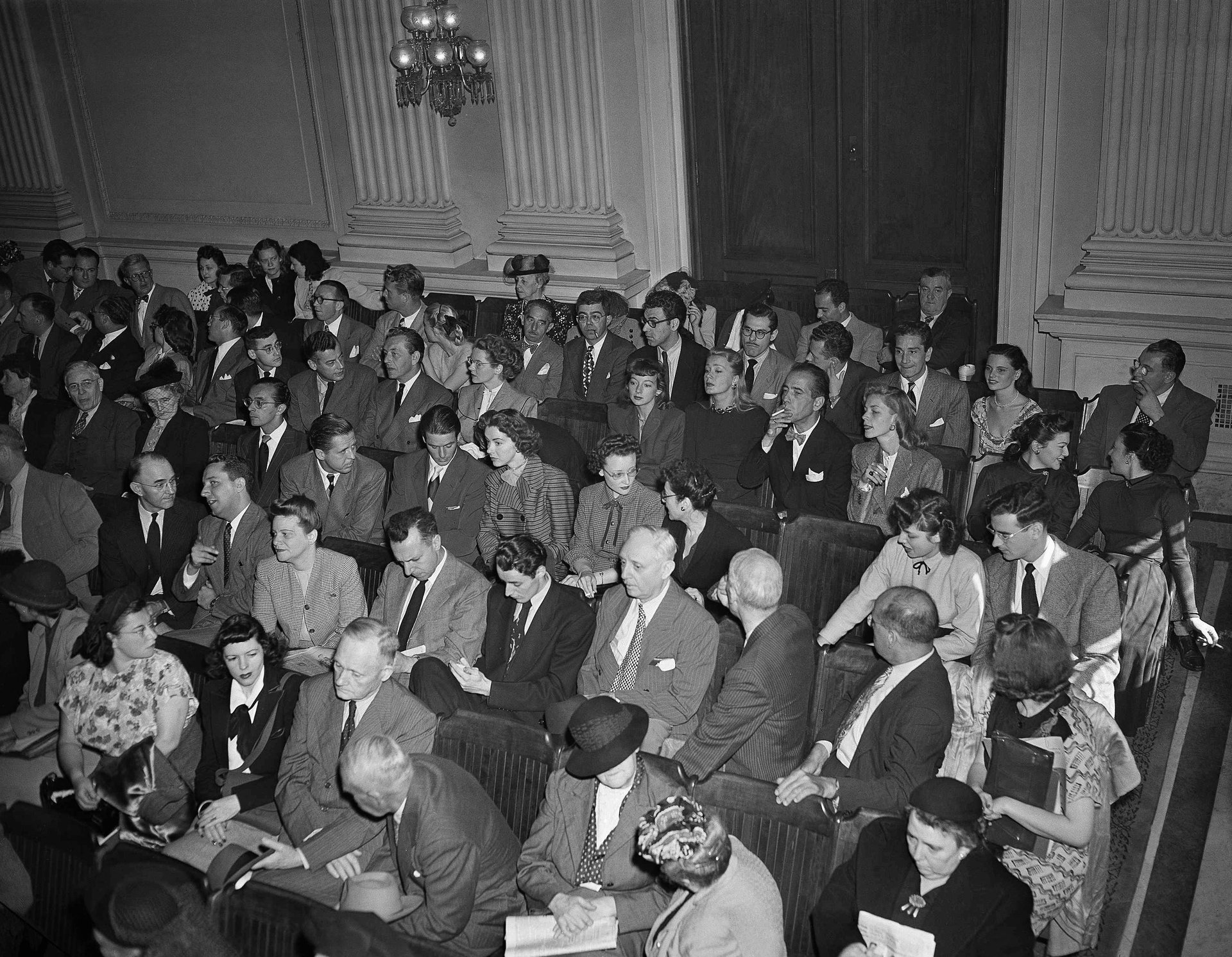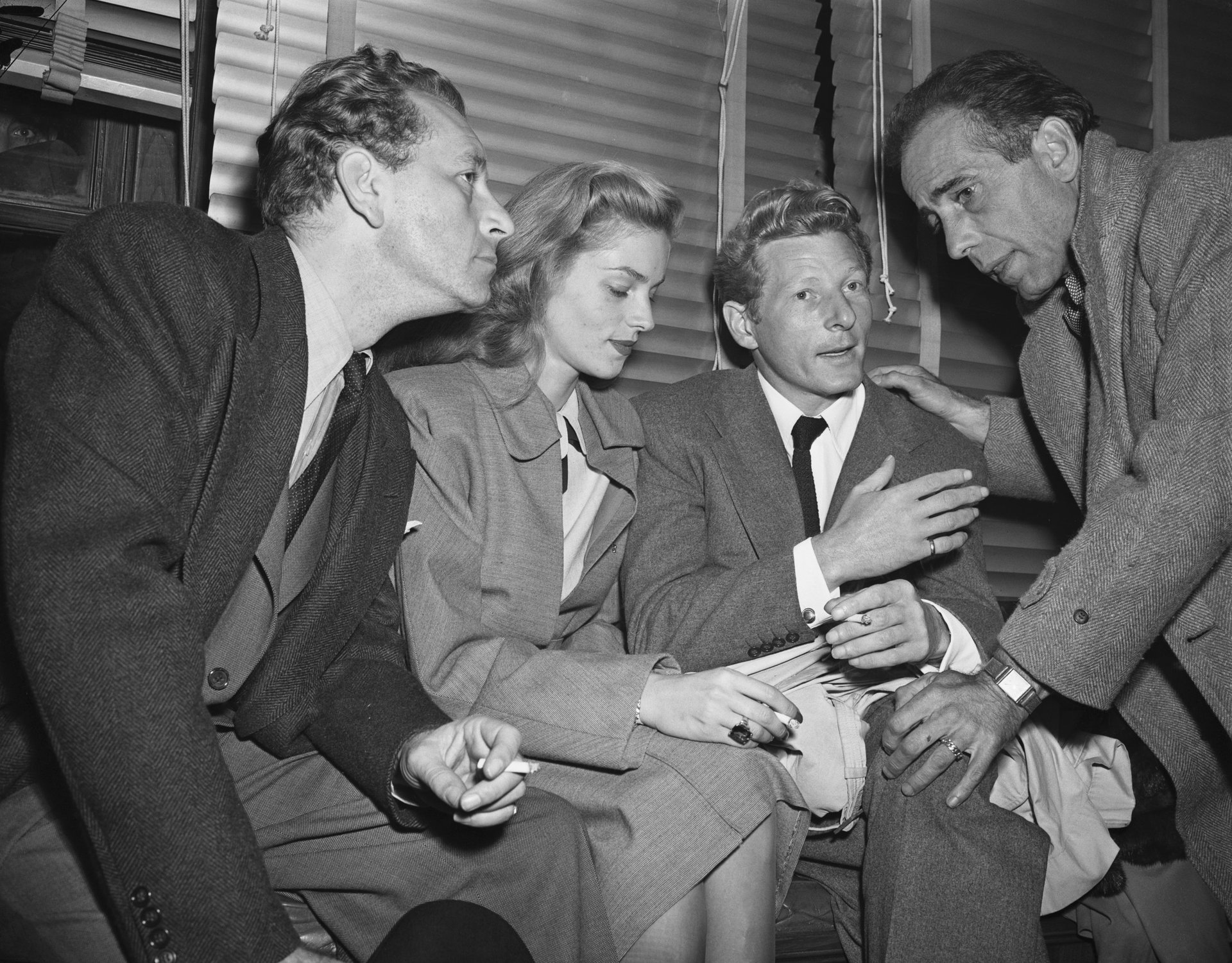That time when “the Hollywood elite” took on Washington, 70 years ago
Sunday night at the Oscars, we’ll likely see writers, actors, and directors use their time at the podium to lambast the policies of US president Donald Trump, as they have at other awards shows.
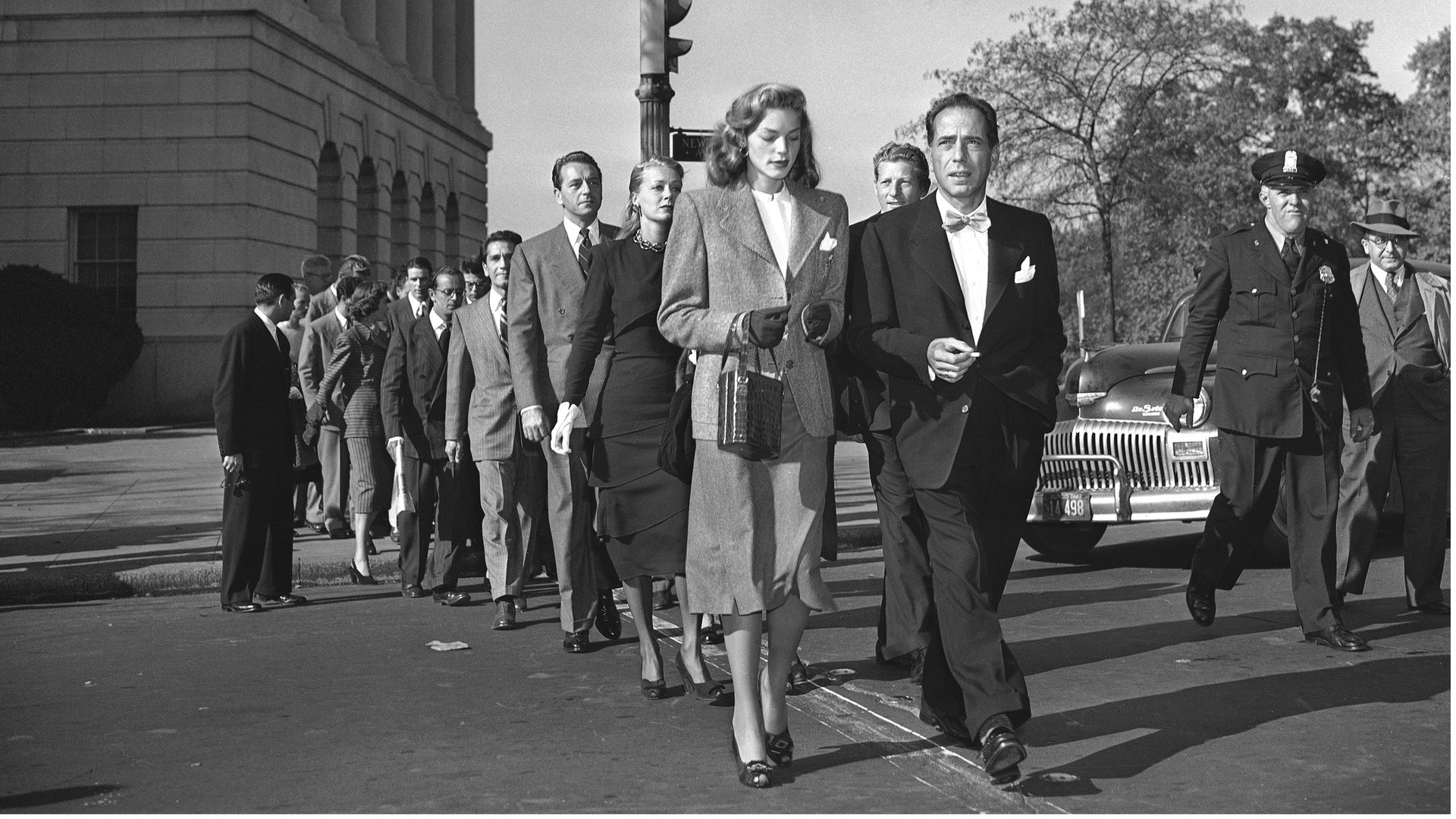

Sunday night at the Oscars, we’ll likely see writers, actors, and directors use their time at the podium to lambast the policies of US president Donald Trump, as they have at other awards shows.
Trump himself will reportedly be too busy hosting a black-tie event in Washington, DC to watch the US movie industry’s biggest party—or, presumably, to tweet barbed commentary about the proceedings, as he has in the past.
Still, he may have a hard time resisting provocations and personal attacks. After the actress Meryl Streep delivered a devastating review of the president’s “performance” in her acceptance speech for her lifetime achievement award at the Golden Globes, Trump famously took to Twitter to call Streep “over-rated,” and “a Hillary flunky who lost big.”
Trump and his supporters have often lumped Hollywood into an ”elite” category—along with the media—that are hopelessly out of touch with the rest of the country and “killing America.”
More recently, actor George Clooney shot the “Hollywood elitist” label back at Trump and his chief strategist Steve Bannon, pointing out that the former has more than a $100,000 in a Screen Actors Guild pension fund, and the latter is a “failed film writer” who made a fortune on Seinfeld reruns.
While some may dismiss this face-off between Washington and Hollywood as frivolity, the “Hollywood elite” have a historical precedent for being cast as a threatening “other”—and for standing up to fear-mongering and xenophobia in the White House.
In 1947, Hollywood became a target for the House Un-American Activities Committee (HUAC), which was established in 1938 to investigate the influence of citizens suspected of Communist ties, launching what the journalist and author Edward Jay Epstein called a “full-scale cultural inquisition.”
These alleged subversives—writers, actors, studio executives, and directors among them—were subpoenaed and asked to identify Communists in the industry. “Friendly witnesses,” including Walt Disney and then-Screen Actors Guild president Ronald Reagan, named names. Others who refused to testify, including “the Hollywood Ten,” were forced to choose between imprisonment and exile, and were blacklisted in Hollywood.
In October of 1947, a delegation of 25 of Hollywood’s power players including the Hollywood power couple Humphrey Bogart and Lauren Bacall, Danny Kaye, Gene Kelly, John Huston, and Ira Gershwin boarded a TWA charter flight to Washington, DC. There, they represented the “Committee for the first Amendment,” a self-described “non-political organization campaigning only for honesty, fairness, and the accepted rights of any American citizen.”
There were plenty of photo ops as the celebrities obtained their tickets, boarded the flight, marched to the capitol, and sat through the hearings, smoking sardonically. The Committee for the First Amendment also recorded a radio broadcast entitled “Hollywood Fights Back,” in which stars such as (Trump favorite) Judy Garland expressed their dismay at HUAC’s investigation of the film industry.
“We’re show business yes,” said the unmistakeable voice of The Wizard of Oz‘s Dorothy. ”But we’re also American citizens. It’s one thing if someone says we’re not good actors. That hurts, but we can take that. It’s something else again to say we’re not good Americans. We resent that!”
While Bogart later renounced Communism and his trip to Washington as “ill-advised, even foolish,” he also said in the same statement: ”I went to Washington because I thought fellow Americans were being deprived of their Constitutional Rights, and for that that reason alone.”
Bacall too, later wondered about the trip’s lasting impact, but said, 30 years later: “It helped those of us at the time who wanted to fight for what we thought was right and against what we knew was wrong. And we made a noise — in Hollywood, a community which should be courageous but which is surprisingly timid and easily intimidated.”
Whether the war of words between Trump and Hollywood escalates remains to be seen. But here’s what it looked like 70 years ago when stars took their fight to the doorstep of the country’s capital:
